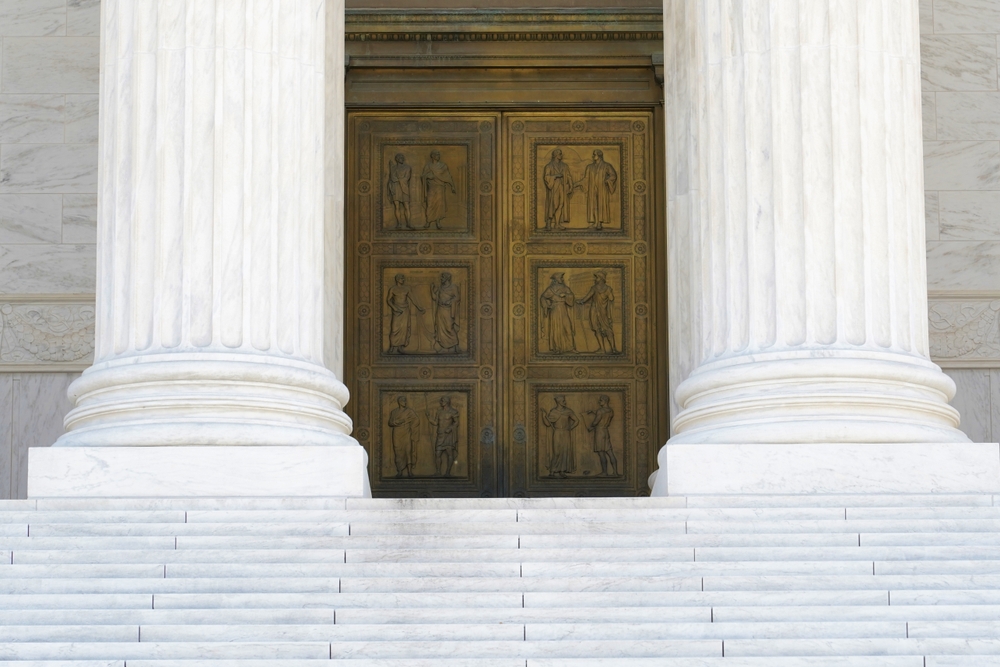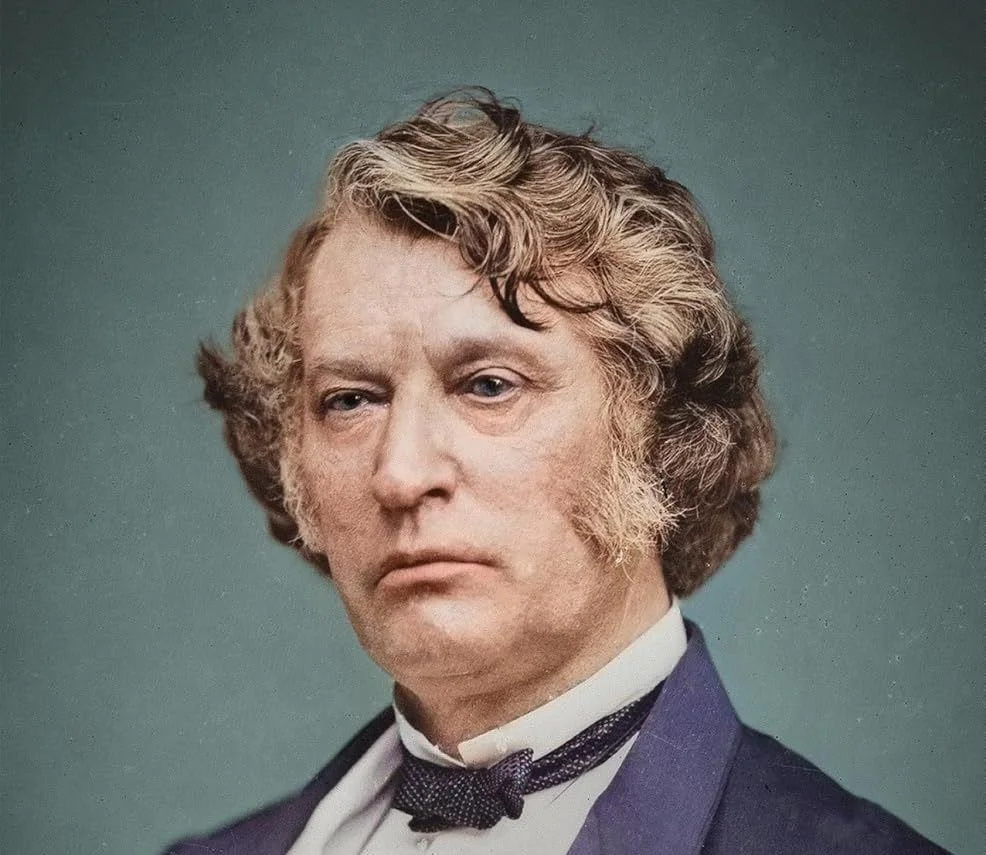
Democracy in Britain: The Lords’ Work
Part 2: How the “hereditary peers” enhance lawmaking and support the soft power of the UK.
The main argument against the “hereditary” peers in Britain’s House of Lords is not, oddly enough, that they are harmful to lawmaking. One would think that fundamental reforms to the composition of a legislative chamber would somehow involve its work, but few in Westminster complain about the substantive contributions of the Lords.
One of the oft-repeated criticisms is that the chamber is too large. We ominously and repeatedly hear that only the Chinese National People’s Congress has more members—but is anyone suggesting a causal link between legislative size and communism? The New Hampshire House of Representatives has four hundred members, far and away the largest state legislative chamber in America, yet the “Live Free or Die” state is one of the more libertarian in the Union.
To the contrary, a relatively large number of members is appropriate for a scrutinizing body. With more members and expertise, the better attention it can pay to legislation originating from the other chamber. Furthermore, Lord Philip Norton notes that “size is not the most pressing problem in terms of public trust. My experience is that few people outside Westminster know how many members there are of the House.”
Constitutionalism

Amicus Brief: Hon. William P. Barr and Hon. Michael B. Mukasey in Support of Petitioners
Former AGs Barr and Mukasey Cite Civitas in a SCOTUS Brief

Rational Judicial Review: Constitutions as Power-sharing Agreements, Secession, and the Problem of Dred Scott
Judicial review and originalism serve as valuable commitment mechanisms to enforce future compliance with a political bargain.

Supreme Court showdown exposes shaky case against birthright citizenship
Supreme Court will hear challenges to Trump's order ending birthright citizenship, testing the 14th Amendment's guarantee for babies born in America.

Slavery and the Republic
As America begins to celebrate its semiquincentennial, much ink has been spilled questioning whether that event is worth commemorating at all. Joseph Ellis’s The Great Contradiction could not be timelier.

Two Hails For The Chief’s NDA
Instead of trying to futilely plug the dam to stop leaks, the Court should release a safety valve.


.avif)










.avif)



